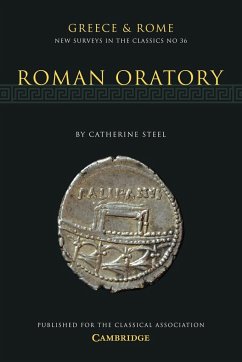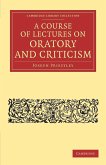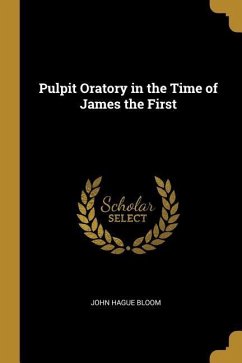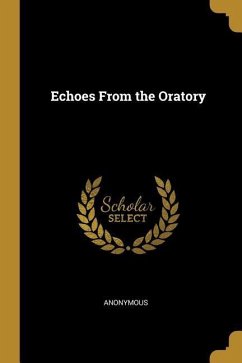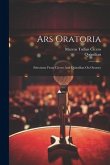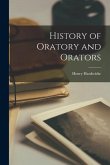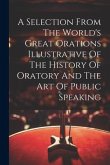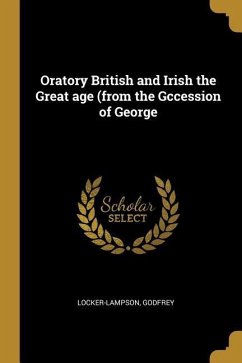An introduction to public speaking at Rome from its origins until the second century AD.
Recent scholarship has emphasised that ancient oratory was primarily a performance art. At Rome during the Republican period, public speaking was one of the most important ways in which politicians created support for themselves among the citizen body. The change of political system to a monarchy transformed the functions of oratory but left its importance as an elite skill intact. This New Survey offers an introduction to the topic, and the modern scholarship on it, which emphasises the fact that the occasions of speaking were prior to subsequent written texts. Without ignoring Cicero as the major surviving textual exemplar of a Roman orator, this book establishes a context for his achievement within the preoccupation with public speaking common to the Roman elite as a whole and considers what oratorical education and practice at Rome can say about wider norms of elite behaviour.
Table of contents:
Introduction; 1. The orator in Roman society; 2. Channels of communication; 3. The practising orator; 4. The orator's education; Conclusion; Bibliography.
Hinweis: Dieser Artikel kann nur an eine deutsche Lieferadresse ausgeliefert werden.
Recent scholarship has emphasised that ancient oratory was primarily a performance art. At Rome during the Republican period, public speaking was one of the most important ways in which politicians created support for themselves among the citizen body. The change of political system to a monarchy transformed the functions of oratory but left its importance as an elite skill intact. This New Survey offers an introduction to the topic, and the modern scholarship on it, which emphasises the fact that the occasions of speaking were prior to subsequent written texts. Without ignoring Cicero as the major surviving textual exemplar of a Roman orator, this book establishes a context for his achievement within the preoccupation with public speaking common to the Roman elite as a whole and considers what oratorical education and practice at Rome can say about wider norms of elite behaviour.
Table of contents:
Introduction; 1. The orator in Roman society; 2. Channels of communication; 3. The practising orator; 4. The orator's education; Conclusion; Bibliography.
Hinweis: Dieser Artikel kann nur an eine deutsche Lieferadresse ausgeliefert werden.

